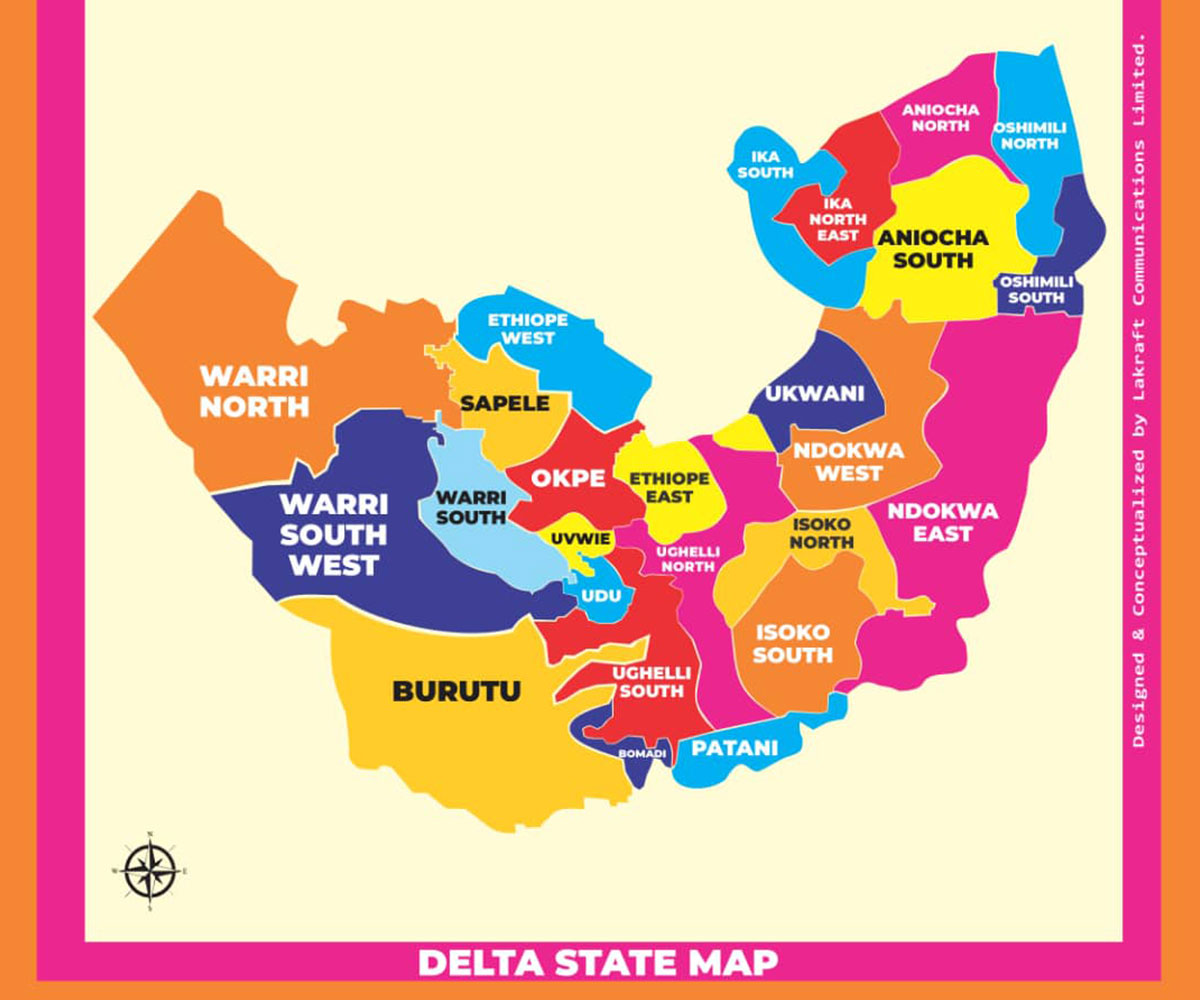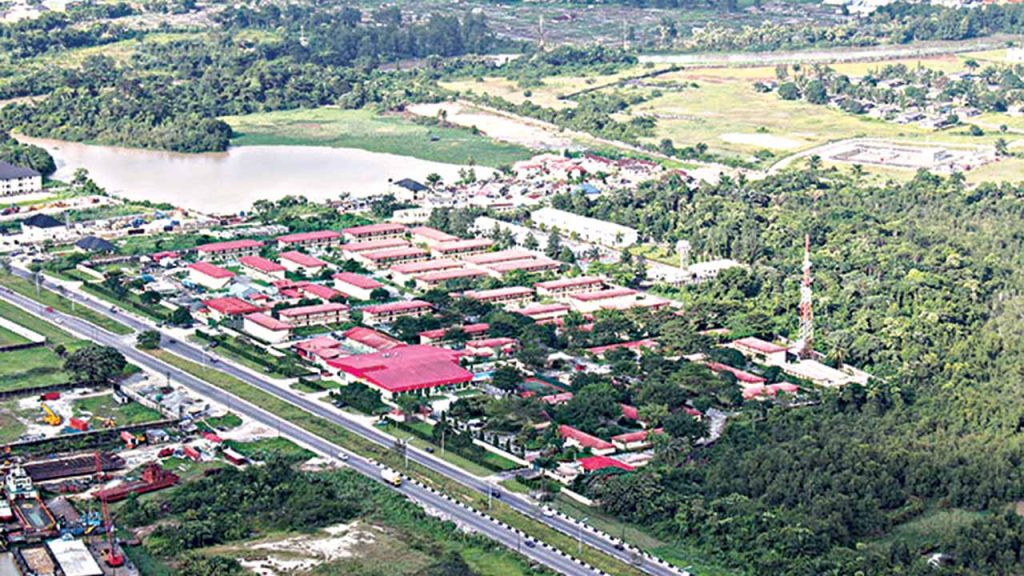Delta State
States Dec 30, 2024 Last Modified:Jan 03, 2025

Table of Contents
The History and Heritage of Delta State, Nigeria

Delta State, located in the South-South region of Nigeria, is a land steeped in history, culture, and economic significance. Created on August 27, 1991, from the defunct Bendel State, Delta State is a vibrant blend of diverse ethnic groups, rich traditions, and natural beauty.
Geography and People
Delta State spans an area of about 16,842 square kilometers, bordered by Edo, Ondo, Bayelsa, Anambra, and Rivers States, with the Atlantic Ocean to the south. Its capital, Asaba, serves as a hub of administrative and cultural activities.
The state is home to multiple ethnic groups, including the Urhobo, Itsekiri, Ijaw, Isoko, and Anioma (Igbo-speaking). This diversity has contributed to Delta’s rich cultural tapestry, making it one of Nigeria’s most culturally vibrant states.
Pre-Colonial History
The history of Delta State dates back centuries to the days of the ancient Benin Kingdom and the various independent ethnic communities. These communities thrived on trade, fishing, and farming, taking advantage of the state’s rich deltaic environment.
The Itsekiri, for instance, were renowned for their maritime trade, establishing strong economic ties with the Portuguese as early as the 15th century. Similarly, the Urhobo and Isoko peoples cultivated extensive farmlands, producing palm oil, yams, and other staples.
Colonial Era and the Rise of Commerce
During the colonial era, the region played a pivotal role in the trans-Atlantic trade. The Niger River and its tributaries served as major routes for the transportation of goods, including palm oil and rubber. Towns like Warri became bustling trade centers under colonial influence.
The British established administrative structures in the region, leaving an indelible mark on its political and economic systems. However, this era was also characterized by resistance from the local population, including notable leaders like Nana of Itsekiri, who fought to protect their people’s sovereignty.
Post-Independence Development
After Nigeria gained independence in 1960, Delta State became a focal point of economic activity due to its vast oil reserves. Today, it remains one of Nigeria’s top oil-producing states, significantly contributing to the nation’s GDP.
Beyond oil, Delta State has also invested in agriculture, tourism, and industrialization. Towns like Sapele, Warri, and Asaba continue to grow as centers of commerce and culture.
Cultural Richness
Delta State is famed for its colorful festivals, music, and traditional attire. Some of the notable festivals include:
- The Urhobo Uvie Festival: A celebration of kingship and communal unity.
- The Isoko Eni Festival: A showcase of agricultural heritage and fertility.
- The Itsekiri Masquerade Festival: Featuring vibrant costumes and ancestral rituals.
The state is also known for its rich cuisine, including starch and banga soup, a delicacy enjoyed across Nigeria.
Tourism and Natural Attractions
Delta State boasts a variety of attractions, including:
- The Nana Living History Museum in Koko: A tribute to the legendary Itsekiri chief and merchant.
- The Araya Bible Site: Home to a mysterious ancient Bible believed to have fallen from the sky.
- The Otuogu Beach: A serene getaway along the River Niger in Asaba.
- The Oil Palm Plantations: Highlighting the state’s agricultural roots.
Modern Delta State: A Beacon of Progress
Delta State today is a symbol of resilience and progress. While challenges persist, particularly in environmental sustainability due to oil exploration, the state continues to grow economically and culturally.
With its blend of natural resources, cultural heritage, and industrious people, Delta State stands out as a vital part of Nigeria’s history and future.
